This quick guide will cut the jargon, show the big differences in coverage and cost, and help you figure out which option makes sense for your vehicle and business without putting you to sleep.
Business vs Personal Insurance: The $10,000 Question
- Business vs Personal Insurance: The $10,000 Question
- When Your Pizza Delivery Car Needs Extra Love
- Coverage Showdown: What Each Policy Actually Protects
- Why Business Insurance Might Cost More (Spoiler: Lawyers)
- 5 Clever Ways to Save on Commercial Coverage
- Best Providers for Business vs Personal Car Insurance
- FAQs: Burning Questions About Business Vehicle Insurance
- Making the Smart Choice for Your Vehicle Insurance
Short version: business car insurance is usually not cheaper than personal auto insurance — it often costs more. That said, cheaper isn’t always smarter. The right pick depends on how you use your vehicle and what kind of risk you’re willing to take.
Why the price gap? Commercial auto policies tend to carry higher liability limits and broader protection because businesses face bigger exposures. Here’s a quick snapshot to help you see the real differences at a glance:
| Feature | Personal Auto Insurance | Business Car Insurance |
| Average Annual Cost | $1,000-$1,500 | $1,500-$3,000+ |
| Primary Use | Commuting, errands, recreation | Business activities, client visits, deliveries |
| Liability Limits | Lower (typically state minimums) | Higher (often $1M+ for serious accidents) |
| Who’s Covered | Named drivers, family members | Employees, authorized business drivers |
| Business Use Coverage | Excluded (except commuting) | Fully covered |
| Equipment Coverage | Limited personal items | Business tools, equipment, inventory |
Takeaway: liability and business-use rules are the big deal here — if you get in an accident while doing work stuff, a personal policy can deny your claim. Imagine making a delivery and then being told you’re on your own — not fun.
Ready to Compare Your Options?
See personalized quotes from top commercial auto insurance and personal auto companies — it only takes a minute.
When Your Pizza Delivery Car Needs Extra Love
Not sure if you need business auto insurance? Bottom line: if you’re using your vehicle to make money — beyond the usual commute — your personal policy probably won’t cut it. Here are common situations where you pretty much need commercial coverage.
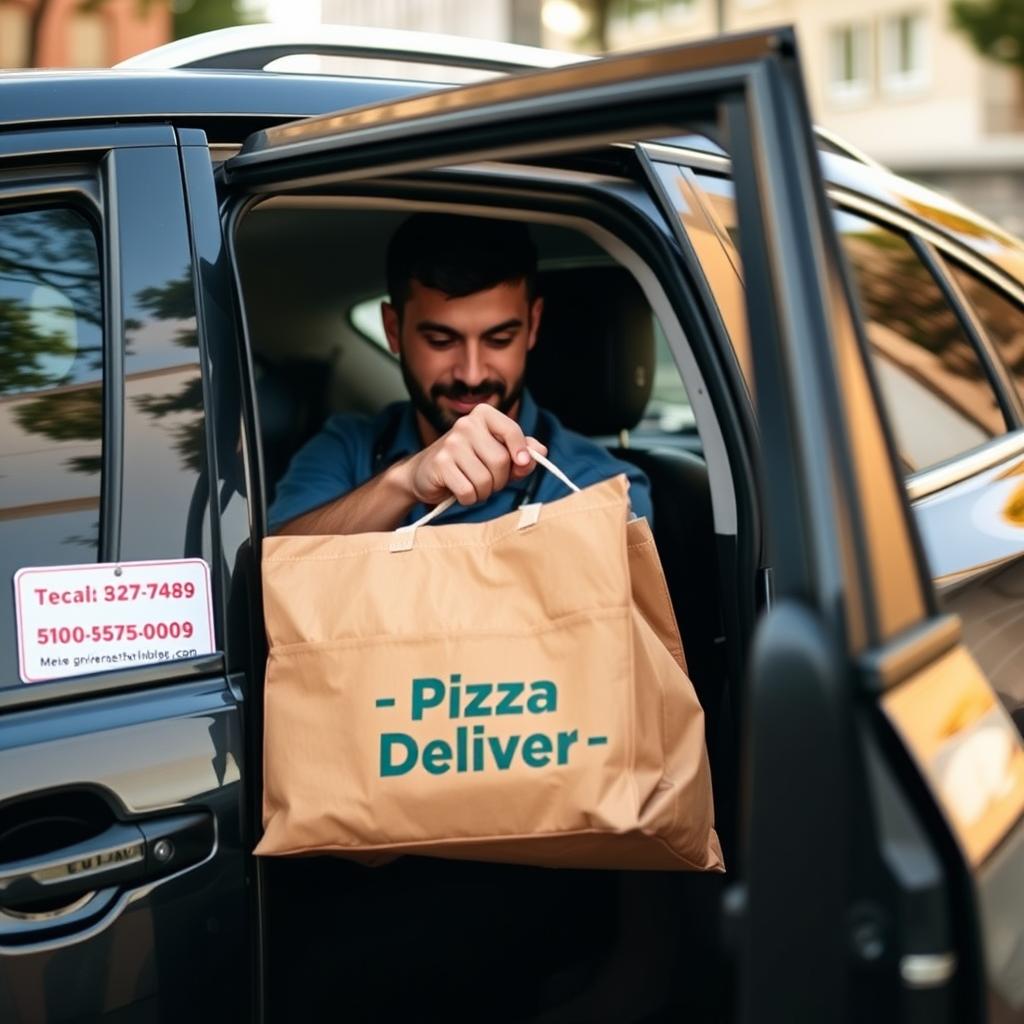
You Need Business Car Insurance If:
- Your business owns or leases the vehicle
- You deliver goods or products (food, packages, etc.) — think pizza, Instacart, courier work
- You transport clients or passengers for a fee (shuttle, rideshare, paid errands)
- Your vehicle has a business logo, ads, or looks like a rolling billboard
- You carry tools, equipment, or inventory for work (contractors, plumbers, landscapers)
- Employees regularly drive the vehicle for business tasks
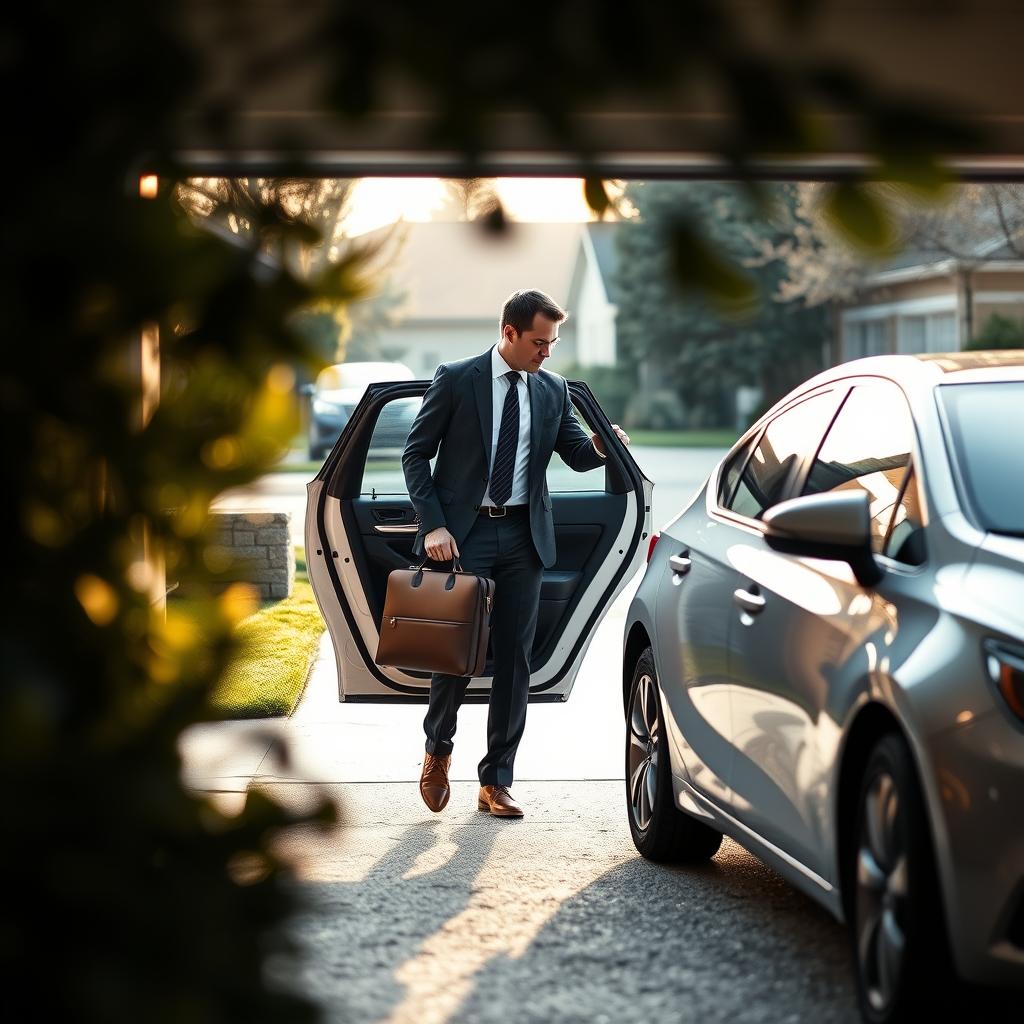
Personal Insurance Is Sufficient If:
- You only use your car to commute to a fixed workplace
- You drive to different job sites occasionally but don’t generate income from the trips
- You run occasional errands for your employer (think grabbing office supplies)
- Your vehicle is never used to directly make money
- You don’t transport paying customers or deliver products
- No business tools or inventory live in your car
True(ish) story: A client (let’s call him Jake) delivered food on weekends and had a small crash while on a delivery. His personal insurer denied the claim because it was business use — leaving him with about $4,200 in repairs. Ouch. Treat this as a warning, not a flex.
Quick test: Do any of the bullets in the “You Need” list apply? If yes — you probably need commercial auto. Rideshare and delivery app drivers usually need a commercial or rideshare endorsement, and contractors hauling gear should definitely check their policy. If more than a chunk of your miles are work-related (a decent rule of thumb some agents use is roughly 20%+), it’s safer to get commercial coverage.
Coverage Showdown: What Each Policy Actually Protects
Okay — here’s where the rubber meets the road. Commercial coverage usually costs more, but that’s because it protects way more stuff. Think of commercial coverage as the “business-grade” version of your personal auto policy: higher limits, extra protections, and coverage aimed at the messier risks businesses face.
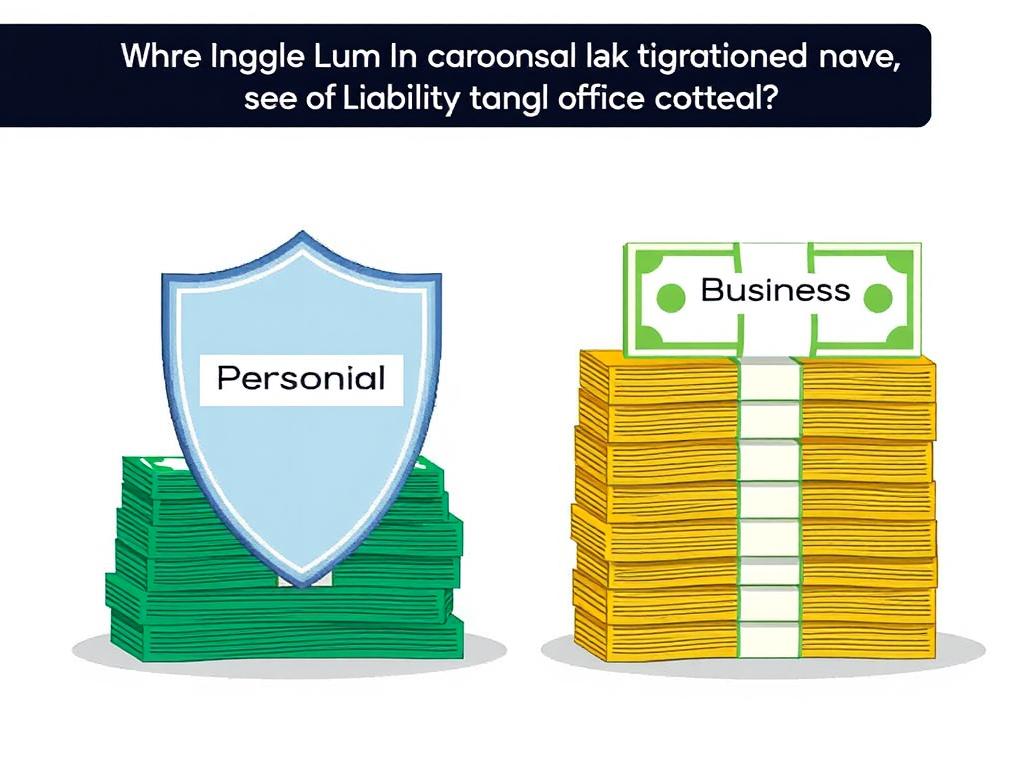
Higher Liability Limits
Personal policies often stick around state minimums or the low tens of thousands; commercial auto policies commonly offer limits of $1M or more. Why? Business crashes can trigger bigger medical bills, lawsuits, or damage claims — and one big claim can wipe out a small business fast.
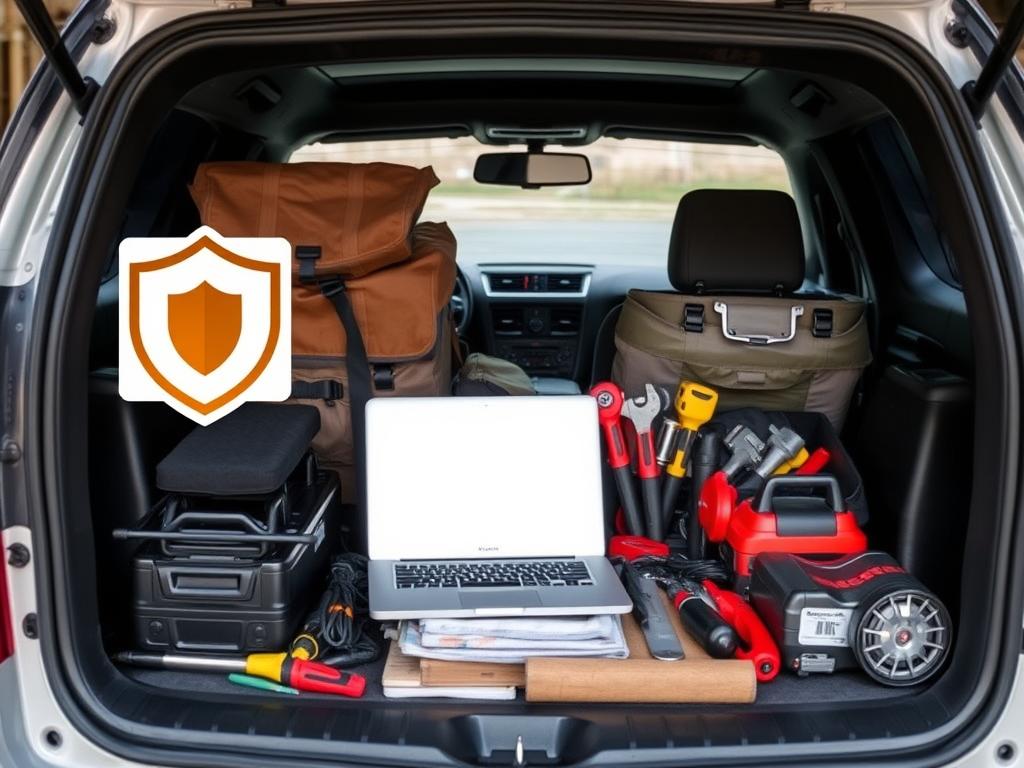
Business Property Protection
Commercial policies can cover tools, equipment, or inventory you haul around — stuff a personal auto policy usually won’t. For example: a contractor’s power tools or a delivery driver’s stock of products could be covered under commercial coverage (check limits and endorsements — it varies by insurer).

Employee Driver Coverage
Business policies are designed to cover multiple authorized drivers — employees or contractors — who use the vehicle for work. Personal auto insurance usually covers named family members and maybe a permissive driver here and there, but not regular employee use.
Bottom line: commercial coverage protects your business’s people and stuff, not just the vehicle. If your business could be on the hook for big medical bills, lost inventory, or a lawsuit, commercial coverage helps shield those assets. And remember — if a personal policy denies a claim because it was business use, you’re left paying medical bills, repair costs, or legal fees out of pocket.
“The question isn’t really ‘is commercial auto insurance cheaper than personal?’ but rather ‘can I afford the risk of being uninsured for business use?'”
Quick tip: check your liability limits first — that’s the thing that can bankrupt a small business. Ask your agent what the commercial coverage actually insures (equipment limits, employee drivers, and any exclusions). If you want, run a quick inventory of tools or goods you carry in the vehicle — that number helps decide what equipment coverage you need.
Why Business Insurance Might Cost More (Spoiler: Lawyers)
Alright — let’s talk money. Does business car insurance usually cost more than personal? Yep. But knowing why helps you decide if that extra cost is actually worth it for your situation.
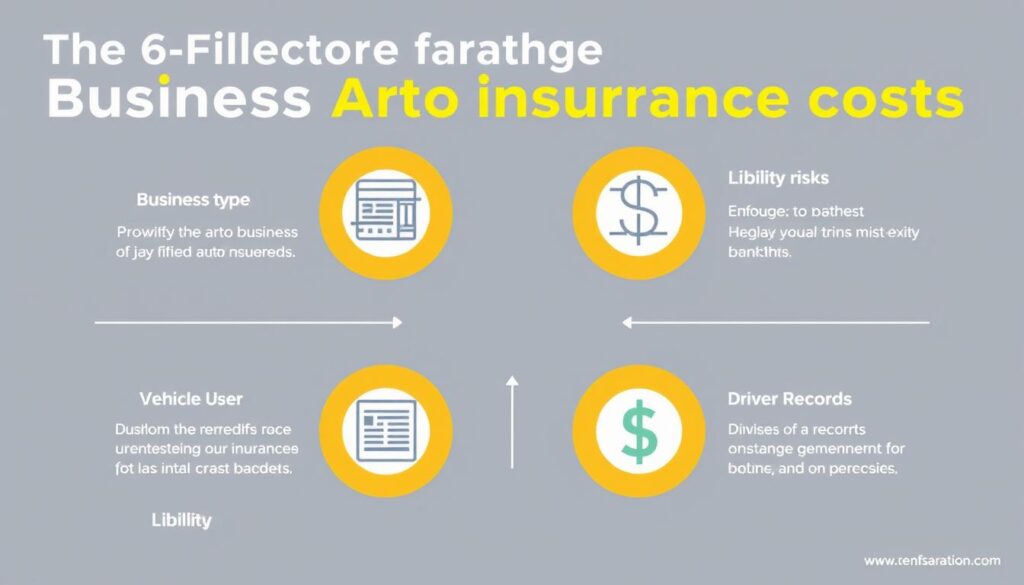
Key Factors That Make Business Auto Insurance More Expensive:
Business-Specific Risk Factors
- Higher Liability Exposure: Businesses can face much bigger lawsuits and medical bills than a solo driver, so limits are higher and that costs money.
- Multiple Drivers: More authorized drivers (employees, contractors) = more risk on the policy.
- Business Property: Covering tools, equipment, or inventory you haul adds to premiums.
- Industry Type: High-risk industries like delivery, construction, or courier services usually pay more.
Usage-Based Factors
- Mileage: Business vehicles often rack up more miles, and more miles means more exposure.
- Urban Driving: Heavy city driving increases accident likelihood and repair costs.
- Vehicle Type: Commercial or specialized vehicles can be pricier to fix or replace.
- Specialized Coverage: Extra endorsements (cargo, hired/non-owned auto, etc.) also raise premiums.
When comparing business auto insurance quotes vs personal, expect roughly a typical range of about 20–50% more for commercial coverage — though it varies a lot by state, vehicle, driving history, and industry. Think of those numbers as ballpark estimates, not gospel.
Average Annual Premium Comparison (2024)
Personal Auto Policy: $1,200–$1,800
Business Auto Policy: $1,700–$3,000+
*Rates vary by location, driving history, vehicle type, and coverage limits — check quotes for your specific situation.
So is the extra cost worth it? If your vehicle is really used for business, yes. A denied claim or a big lawsuit could cost far more than a few extra premium dollars. A couple of quick money-saving tips: ask about mileage discounts or fleet pricing, run a driver safety program for employees, and consider paying annually to grab discounts.
What to Ask When Comparing Quotes
- What liability limits do you recommend for my business? (This is the one that protects you from lawsuits.)
- Do you offer discounts for safe-driver programs, low mileage, or bundling policies?
- What exactly does the policy cover for tools, cargo, and employees — and what exclusions apply?
5 Clever Ways to Save on Commercial Coverage
Just because business car insurance tends to cost more than personal doesn’t mean you’re stuck paying a fortune. Here are some friendly, practical moves that can trim your commercial auto premiums without leaving you underinsured.
Bundle Policies
- Combine your commercial auto with business liability or other business policies
- Often saves around 10–15% on both policies (estimate — check with your insurer)
- Makes life easier with one bill and one renewal date
- Look for multi-policy discounts when shopping
Adjust Coverage Limits
- Set sensible limits — not too low, not overkill
- Higher deductibles can cut premiums if you can handle the out-of-pocket hit
- Remove endorsements you don’t actually need
- But keep liability protection solid — that’s the important one
Shop Around
- Compare quotes from at least 3 providers (specialized commercial carriers matter)
- Check both big-name insurers and niche commercial auto companies
- Review quotes yearly — rates and discounts change
- Independent agents can help you compare apples to apples

Additional Money-Saving Strategies:
- Improve Driver Safety: Run a driver safety program and keep employee records clean — insurers reward good driving.
- Pay Annually: Many carriers give 5–10% off for annual payment versus monthly (ask them about it).
- Limit Who Drives: Fewer authorized drivers usually means lower premiums.
- Vehicle Selection: Choose safe, easy-to-repair models for your fleet to reduce costs.
- Ask About Discounts: Memberships, security features, or industry associations can unlock savings.
Quick example: a small bakery switched to annual billing, tightened who could drive the delivery van, and bundled policies — they shaved a noticeable chunk off their annual costs. Your mileage will vary, but small changes add up.
When comparing how much business car insurance costs versus personal, remember the cheapest sticker price isn’t the whole story. Focus on the right balance of coverage and cost for your specific business — you want protection, not regret.
Find Your Best Rate Today
Quickly compare personalized quotes from top commercial auto insurers — no fluff, just real numbers.
Best Providers for Business vs Personal Car Insurance
Not every insurer is great at both personal auto and commercial coverage. Based on price, coverage options, and customer service, these carriers tend to be solid choices for small businesses — but remember, availability and rates can vary by state, so always double-check locally.
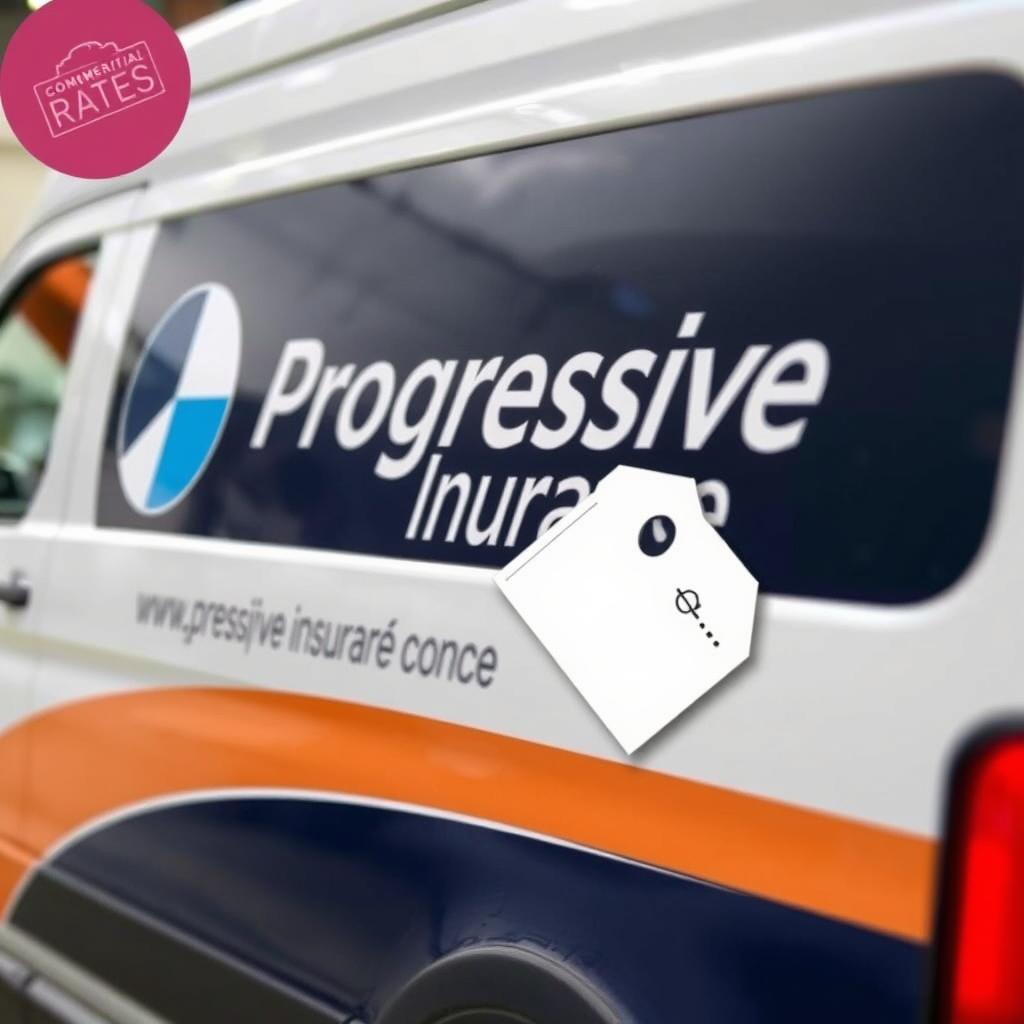
Progressive
Best for: Small businesses that want flexible commercial options and competitive pricing. Their business auto policies often start in the lower thousands a year (check local quotes for specifics).
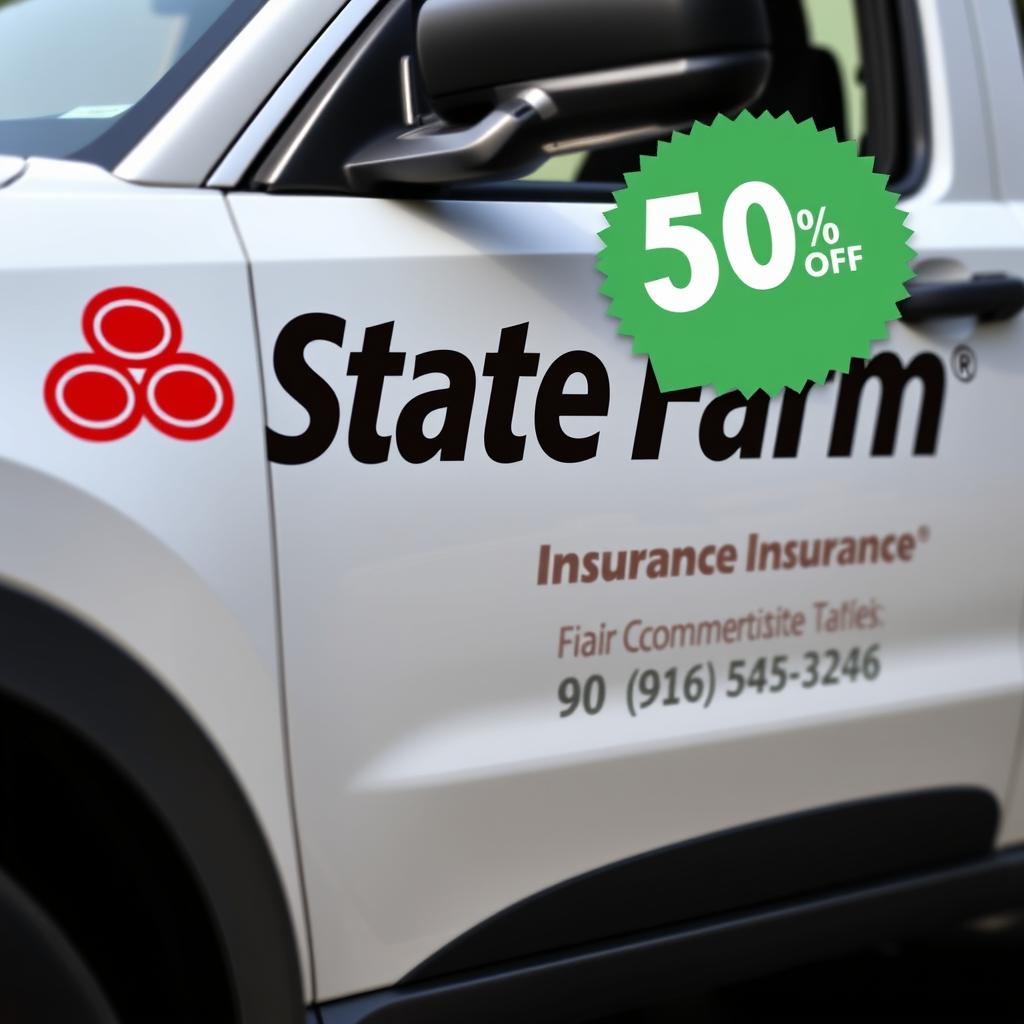
State Farm
Best for: Businesses that want strong local-agent support and easy bundling with other business insurance. Great if you prefer a person to call when things get messy.
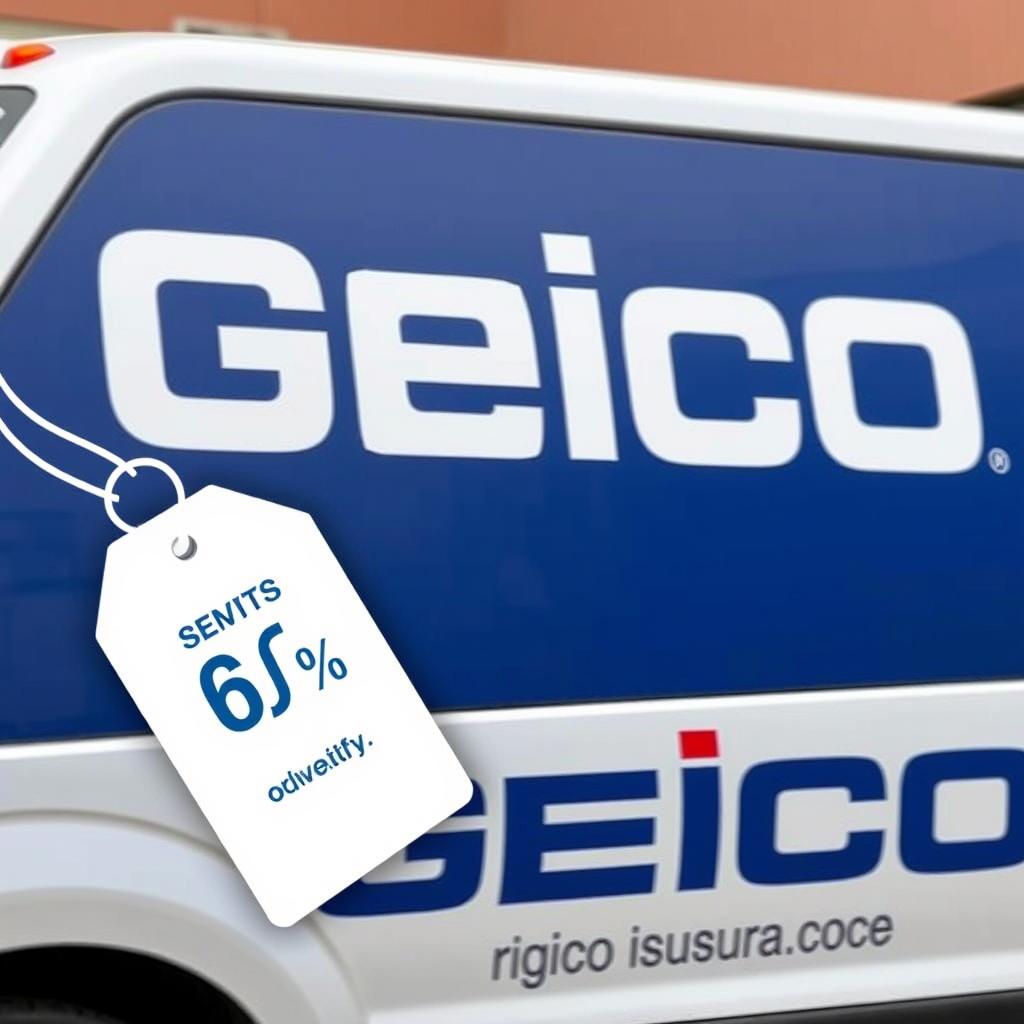
Geico
Best for: Price-conscious businesses with clean driving records — often one of the more affordable commercial auto options for low-risk profiles.
How we picked them: a mix of coverage options, competitive commercial auto pricing, and available customer support. Results can vary — businesses with clean records and low-risk operations may find commercial coverage that’s only 15–25% more than a comparable personal policy, but always run local quotes to see your actual auto policy numbers.
FAQs: Burning Questions About Business Vehicle Insurance
Is business car insurance cheaper than personal insurance?
Short answer: no. Business car insurance usually costs more than personal auto coverage because it includes higher liability limits and broader protections for business use, employees, and equipment. Expect commercial auto policies to run noticeably higher — often in the ballpark of 20–50% more, depending on your situation.
Do I need business or personal car insurance for my situation?
If the vehicle is used to make money, carries your business logo, is owned by the business, or is regularly driven by employees — you pretty much need commercial coverage. If it’s strictly for commuting to a single workplace and personal errands, a personal auto policy usually works. When in doubt, ask an agent who knows commercial coverage — they’ll tell you if you need commercial or if a personal policy plus an endorsement will do.
Can I use my personal car insurance for occasional business use?
Mostly no — most personal policies exclude business use beyond commuting. Some insurers have a business-use endorsement for light, occasional business driving, but it’s limited. Rideshare and delivery drivers almost always need a commercial policy or a rideshare-specific endorsement.
How can I find affordable business auto insurance?
Compare quotes from multiple commercial auto providers, bundle business policies, keep employee driving records clean, choose sensible limits and deductibles, and ask about industry discounts. Working with an independent agent who knows commercial coverage can save time and money.
Myth vs. Fact: Business Auto Insurance
Myth: “My personal policy will cover me if I occasionally use my car for work.”
Fact: Most personal policies exclude business use beyond commuting. If you have an accident while delivering or meeting a client, your claim could be denied.
Myth: “Business insurance is always wildly more expensive.”
Fact: While commercial coverage is generally pricier, for low-risk businesses with clean records the difference can be modest — sometimes in the low double-digits. Still, that extra coverage often saves a ton of grief if something goes wrong.
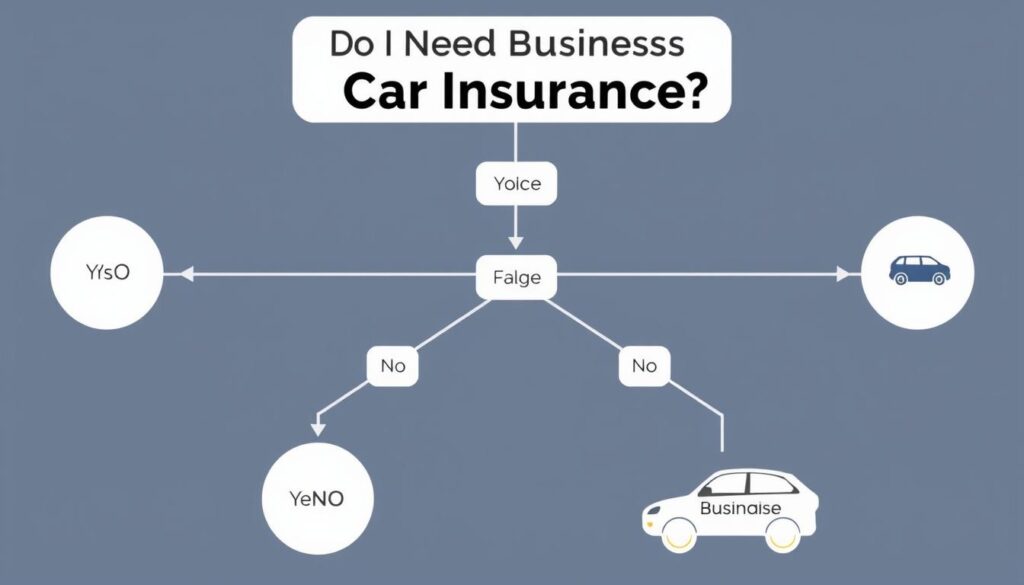
5 Signs You Need Commercial Insurance Yesterday:
- Your vehicle has your business name or logo on it
- You transport goods, products, or equipment for work
- You charge people for rides or deliveries
- Employees regularly drive your vehicle
- Your vehicle is registered to your business
Still Not Sure Which Insurance You Need?
Get expert advice and compare personalized quotes for your specific situation — check commercial auto and personal auto options side-by-side.
Making the Smart Choice for Your Vehicle Insurance
So — is business car insurance cheaper than personal? Short answer: usually no. But that doesn’t mean the sticker price tells the whole story. The smarter choice depends on how you use your vehicle, who drives it, and what you can afford to risk.
If your vehicle actually earns money for your business, that extra cost for commercial coverage is more like an investment than an expense. It protects your business, your people, and any tools or inventory you haul — and one denied claim could cost way more than a few years of higher premiums.
Next steps (quick and painless):
- Compare quotes from a few providers — prices and coverage vary a lot.
- Talk to an agent who knows commercial auto — they’ll help match coverage to your needs.
- Document how you use the vehicle (miles, drivers, equipment) so you get the right policy.
Drive safe, insure smart, and remember: getting a free quote is about as disruptive as a coffee break — and it might save you thousands.
Ready to Protect Your Business on the Road?
Compare personalized quotes from top-rated insurers and find the coverage that fits your business in minutes.